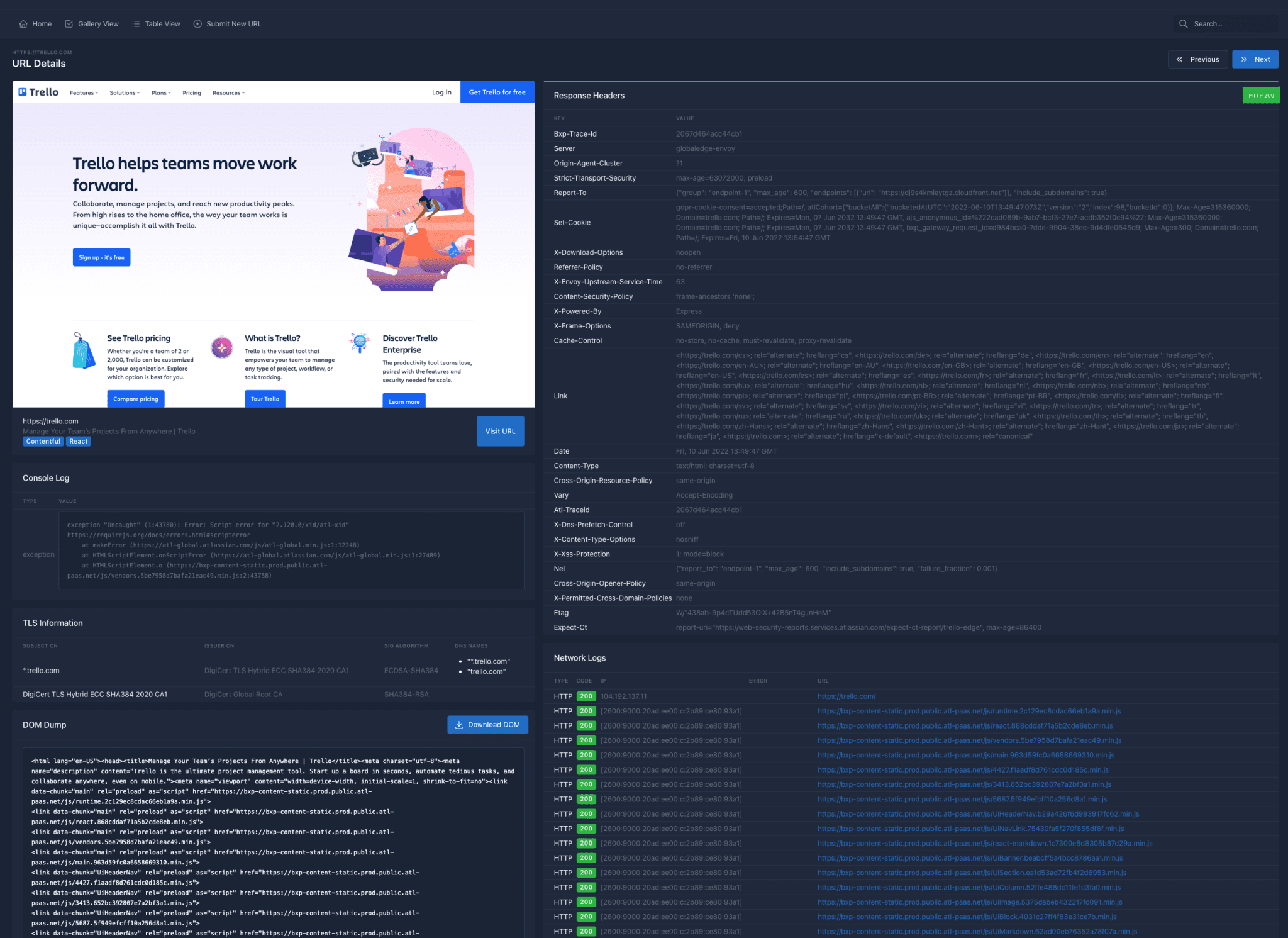Western Digital and Kioxia encountered material contamination problems
Western Digital and Kioxia have successively issued statements saying that certain materials used in the manufacturing process have been contaminated, and since late January 2022, part of the operations of the factories of the two parties in Yokkaichi and Kitakami, Japan have been affected. The reason currently speculated is the use of components containing impurities in the specific production process of BiCS Flash, which will affect the production of 3D NAND flash memory.

Although the production of 3D NAND flash memory has encountered problems at this stage, Kioxia said that the shipment of 2D NAND flash memory is not expected to be affected by the incident. Western Digital and Kioxia together produce more NAND flash memory than any other manufacturer in the industry, occupying more than one-third of the market share, only Samsung is relatively close. In order to reduce the competition between the two companies in the market, the business strategies of the two companies are different. Western Digital focuses on selling its flash memory products, while Kioxia prefers to sell NAND flash memory chips in bulk to other manufacturers.





